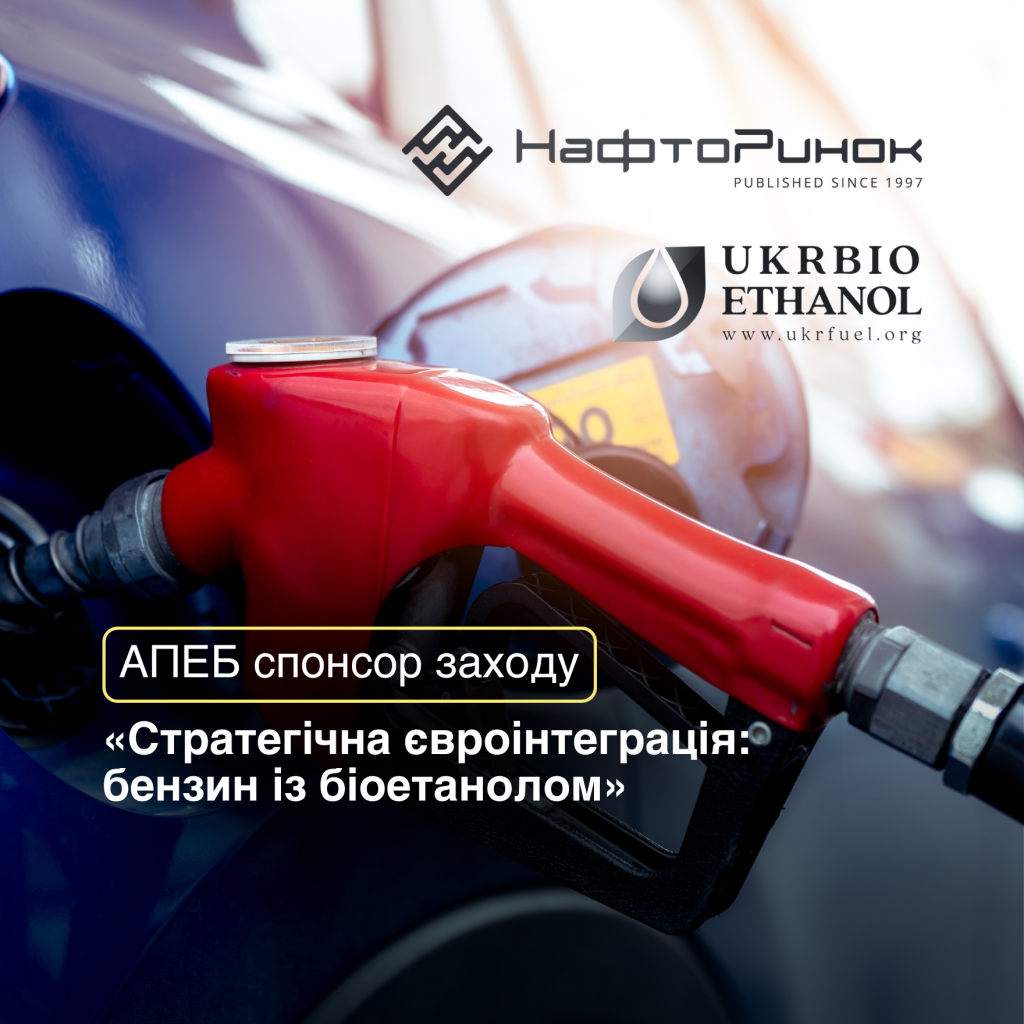
Starting May 1, 2025, new regulations on the bioethanol content in gasoline will come into effect in Ukraine. This decision is part of the country’s strategic European integration and aims to align the fuel market with EU standards. However, its implementation requires not only technical adaptations but also fundamental changes in business processes across the entire market—affecting producers, traders, gas station operators, and end consumers.
What is Bioethanol and Why is it Added to Gasoline?
Bioethanol is a plant-based alcohol derived from grains, sugar beets, or corn. Its use in fuel helps to:
- Reduce harmful emissions by lowering CO₂ levels and improving environmental conditions.
- Decrease dependence on imported petroleum products, as bioethanol can be produced domestically.
- Increase the octane rating of gasoline, enhancing combustion efficiency and overall fuel performance.
In Europe, bioethanol is a mandatory component of gasoline, with its share regulated by EU directives. In Ukraine, this innovation has the potential to boost domestic production and reduce reliance on imported fuel additives. However, it also presents several challenges for the market.
How Will This Affect Ukraine’s Fuel Market?
Transitioning to the new standard will require infrastructure upgrades across the fuel supply chain. Bioethanol is highly hygroscopic, meaning it absorbs moisture, which can cause corrosion in metal storage tanks and alter fuel properties over time. As a result:
- Oil depots and gas stations will need to upgrade their storage tanks and fuel handling systems.
- Traders must rethink their logistics strategies to prevent biofuel contamination with conventional fuels.
- Small and medium-sized operators may face financial strain, as compliance requires additional investments.
Another key concern is the quality of bioethanol used in gasoline. Ensuring that production meets European standards will be crucial for a smooth transition.
Challenges for Businesses and Consumers
Despite its advantages, the introduction of bioethanol raises concerns among market participants. The main challenges include: Lack of clear government support policies for bioethanol production, Potential fluctuations in gasoline prices due to changes in fuel composition, Technical compatibility issues for older vehicle models. A transparent and predictable transition is essential, as abrupt regulatory changes could create instability in the market.
The Fuel and Energy Business Association sponsors B2B Meeting “Strategic Eurointegration: Gasoline with Bioethanol”
The Fuel and Energy Business Association not only supports the modernization of the fuel market but also actively works to ensure that small and medium-sized businesses can adapt to these changes without significant losses.
To facilitate this transition, Association is supporting the B2B meeting on April 3 in Kyiv, organized by “NaftoRynok” and the Ukrainian Bioethanol Producers Association “Ukrbioethanol”. This event will provide a platform for discussing real market scenarios, government oversight mechanisms, and strategies for maintaining the competitiveness of Ukrainian operators.
Key Speakers and Guests
The event will feature representatives from the government, relevant ministries, and major business organizations, including: Taras Vysotskyi (Deputy Minister of Agrarian Policy and Food of Ukraine), Serhiy Savchuk (Former Head of the State Agency for Energy Efficiency, Board Member of Ukrbioethanol), Josefine Ahlstrom (SVP, Global Biofuels, Argus Media), Karol Stańdo (Head of ORLEN Representation in Ukraine), Serhiy Fedorenko (PJSC Ukrnafta), Stanislav Batrachenko (Company “Nadezhda”), Andriy Pushak (Representative of Innospec in Ukraine).
Additionally, high-profile government officials are expected to attend, including: Danylo Hetmantsev (Head of the Parliamentary Committee on Finance, Taxation, and Customs Policy), Yaroslav Zheleznyak (Member of Parliament, First Deputy Chairman of the Finance Committee), Andriy Gerus (Head of the Energy and Utilities Committee of the Verkhovna Rada), Svitlana Vorobei (Deputy Minister of Finance of Ukraine), Olha Stefanishyna (Deputy Prime Minister for European and Euro-Atlantic Integration of Ukraine), Vitaliy Koval (Minister of Agrarian Policy and Food of Ukraine), Yuliia Svyrydenko (First Deputy Prime Minister – Minister of Economy of Ukraine), Ihor Zubovych (Head of the State Environmental Inspection of Ukraine), Hanna Zamazieieva (Head of the State Agency for Energy Efficiency), Ruslan Kravchenko (Head of the State Tax Service of Ukraine).
Join the Discussion!
The event will include a panel discussion where participants can raise questions and address key industry concerns with government officials and international experts. The Fuel and Energy Business Association invites all fuel market participants to join the discussion and help develop optimal solutions for successfully operating under the new regulations.

